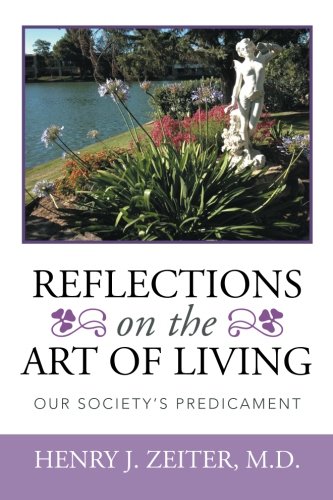- Home
-
About
 Fidelity & Excellence
Fidelity & ExcellenceThomas Aquinas College is unique among American colleges and universities, offering a faithfully Catholic education comprised entirely of the Great Books and classroom discussions.
-
A Liberating Education
 Truth Matters
Truth MattersTruth, and nothing less, sets men free; and because truth is both natural and supernatural, the College’s curriculum aims at both natural and divine wisdom.
-
A Catholic Life
 Under the Light of Faith
Under the Light of FaithThe intellectual tradition and moral teachings of the Catholic Church infuse the whole life of Thomas Aquinas College, illuminating the curriculum and the community alike.
-
Admission & Aid
 Is TAC Right for You?
Is TAC Right for You?Do you enjoy grappling with complex questions? Are you willing to engage in discussions about difficult concepts, with the truth as your ultimate goal?
-
Students & Parents
 Mind, Body & Spirit
Mind, Body & SpiritThere is always something to do at TAC — something worthwhile, something fulfilling, and something geared toward ever-greater spiritual and intellectual growth.
-
Alumni & Careers
 What Can You Do with a Liberal Education?
What Can You Do with a Liberal Education?Nothing speaks more to the versatility of the College’s academic program than the good that our alumni are doing throughout the Church and the world.
- Search
- Giving
Book Review: Reflections on the Art of Living
by Henry J. Zeiter, M.D.
Xlibris, 2015, 300 pp.
By Dean Brian T. Kelly
Reflections on the Art of Living is a remarkable collection of essays of various kinds and formats on a wide variety of topics. It is, as our author says, “a meal with many entrees.”
The book is written by noted ophthalmologist, Henry Zeiter, a member of Thomas Aquinas College’s Board of Governors, and poses many of the perennial questions: What is happiness? How does beautiful music shape our sensibilities so powerfully? Why does God allow tragic suffering? Why is everyday life so challenging? It also gives us some less urgent but nonetheless interesting musings in answer to the question, “Why do sommeliers speak in such a snooty fashion?” In Reflections on the Art of Living, Dr. Zeiter opens up for his readers great vistas of literature, philosophy, history, mysticism, and even medicine and art. The last two he combines to fascinating effect in his essay, “A Study of Psychotic Art.”
There are numerous highlights in the central section of the book that focus on literature, history, philosophy, and politics. Among them is a penetrating and sympathetic analysis of highly strung novelist James Joyce. The author’s treatment of the Golden Age of Spanish literature is also quite illuminating and puts in high relief one of the main themes of the book: the many ways that the Catholic Church has been a blessing to mankind throughout the past 2,000 years. Indeed, Henry Zeiter is a loyal son of the Church.
Also notable is his essay on the origins of philosophy, which is remarkably complete. So, too, is Dr. Zeiter’s treatment of the teachings of Aristotle, one of the primary thinkers studied in the College’s curriculum.
Born in Lebanon, Dr. Zeiter displays throughout the book his grasp of the issues endemic to a very troubled part of the world. The reader will enjoy his application of Swiftian satire to Middle East politics. The last section of Reflections on the Art of Living reminds the reader that Henry Zeiter is a man of science, as he delves into the origins of modern medico-pharmaceutical chemistry as well as the importance of vision for driving.
But the most personal section of the book comes at the beginning. Here the author shares several reflections on moments of great loss. There are eulogies for his brother Edmond and his father, Youssef, whose poems and essays will delight the reader. There are also his thoughts on the death of Dr. Tom Dillon, the second president of Thomas Aquinas College and a dear friend of Henry and his wife, Carol.
As the reader makes his way through Reflections on the Art of Living, it will become apparent that the author has never seen his education as over-and-done-with. On the contrary: Henry Zeiter has continued throughout his life to read, to listen, to reflect…and to write.


